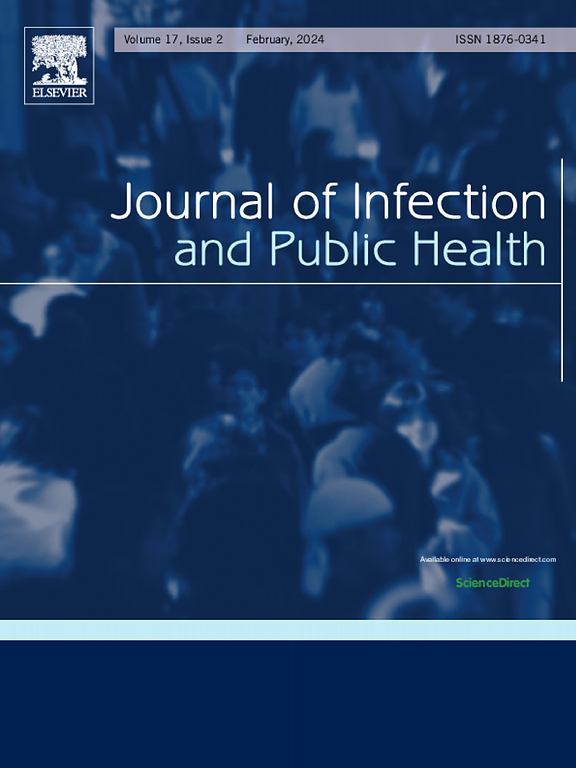Estimating the infection fatality rate of emerging diseases using a regression approach applied to global COVID-19 cases
IF 4
3区 医学
Q1 INFECTIOUS DISEASES
引用次数: 0
Abstract
Background
Estimating the infection fatality rate (IFR) for emerging diseases is elusive due to the presence of asymptomatic or mildly symptomatic infections and variable testing capacity. IFR estimates are also affected by region-specific differences in sampling regimes, demographics, and healthcare resources.
Methods
Here we present a novel regression approach using population testing and readily available case fatality rates (CFR) to estimate the IFR during an outbreak. The approach is based on few assumptions and can be used for a wide range of emerging diseases. We validate the use of the method using commonly reported COVID-19 testing data.
Results
Our new statistical approach reveals a conservative global IFR of 0.90 % (CI: 0.70 %, 1.16 %) for COVID-19 across the 139 countries affected before May 2020. Deviation of countries' reported CFR from the estimator did not correlate with demography, per capita GDP, or healthcare access and quality, suggesting variation is due to differing testing regimes or reporting guidelines by country.
Conclusions
This method can be used retrospectively or for future disease outbreaks when other data are limited.
应用全球COVID-19病例的回归方法估计新发疾病的感染致死率
由于无症状或轻度症状感染的存在以及检测能力的变化,估计新发疾病的感染致死率(IFR)是难以捉摸的。IFR估计值还受到抽样制度、人口统计和卫生保健资源等区域具体差异的影响。方法在此,我们提出了一种新的回归方法,使用群体测试和现成的病死率(CFR)来估计疫情期间的IFR。该方法基于很少的假设,可用于广泛的新发疾病。我们使用常见的COVID-19检测数据验证了该方法的使用。我们的新统计方法显示,在2020年5月之前,139个受影响国家的COVID-19全球IFR保守值为0.90 % (CI: 0.70 %,1.16 %)。各国报告的病死率与估计值的偏差与人口统计学、人均GDP或医疗保健可及性和质量无关,这表明差异是由于各国不同的检测制度或报告准则造成的。结论在其他资料有限的情况下,该方法可用于回顾性或未来的疾病暴发。
本文章由计算机程序翻译,如有差异,请以英文原文为准。
求助全文
约1分钟内获得全文
求助全文
来源期刊

Journal of Infection and Public Health
PUBLIC, ENVIRONMENTAL & OCCUPATIONAL HEALTH -INFECTIOUS DISEASES
CiteScore
13.10
自引率
1.50%
发文量
203
审稿时长
96 days
期刊介绍:
The Journal of Infection and Public Health, first official journal of the Saudi Arabian Ministry of National Guard Health Affairs, King Saud Bin Abdulaziz University for Health Sciences and the Saudi Association for Public Health, aims to be the foremost scientific, peer-reviewed journal encompassing infection prevention and control, microbiology, infectious diseases, public health and the application of healthcare epidemiology to the evaluation of health outcomes. The point of view of the journal is that infection and public health are closely intertwined and that advances in one area will have positive consequences on the other.
The journal will be useful to all health professionals who are partners in the management of patients with communicable diseases, keeping them up to date. The journal is proud to have an international and diverse editorial board that will assist and facilitate the publication of articles that reflect a global view on infection control and public health, as well as emphasizing our focus on supporting the needs of public health practitioners.
It is our aim to improve healthcare by reducing risk of infection and related adverse outcomes by critical review, selection, and dissemination of new and relevant information in the field of infection control, public health and infectious diseases in all healthcare settings and the community.
 求助内容:
求助内容: 应助结果提醒方式:
应助结果提醒方式:


